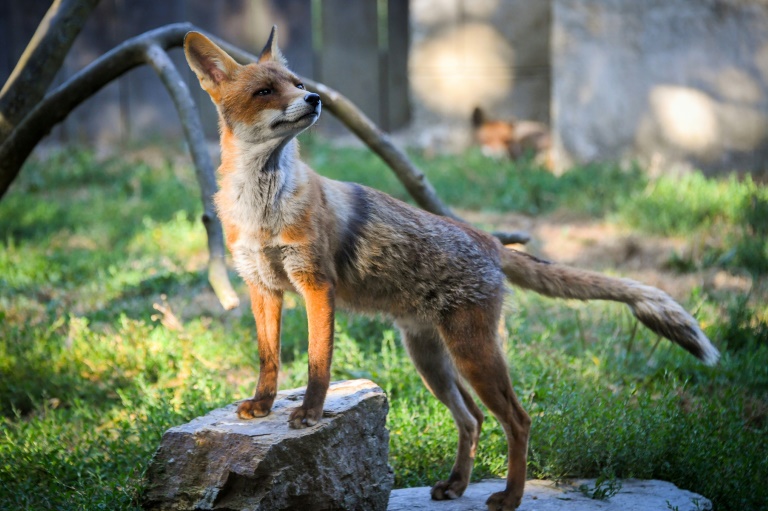Being outfoxed in Congress usually means losing a vote on an amended resolution or being too late for the donut line in the Senate cafeteria.
So spare a thought for the politicians and staff at the US Capitol in Washington, where police were scouring the grounds Tuesday amid reports of a highly aggressive red fox trying to take chunks out of humans.
Officers warned that they received multiple reports on Monday of people “being attacked or bitten” by at least one aggressive canine at the seat of US democracy, in a statement first reported by none other than… Fox News.
“One encounter was at the botanic garden, and a second was on the House side of the Capitol near the building foundation,” the US Capitol Police (USCP) said.
“This morning, USCP received a call about a fox approaching staff near First and C Street. This fox may have a den in the mulch bed area… and there is another possible den near the perimeter of the Russell Building.”
The force said animal control officers were responding to the incidents and “looking to trap and relocate” any foxes they find.
“Foxes are wild animals that are very protective of their dens and territory. Please do not approach any fox you see,” the police cautioned.
Witnesses flooded social media with sightings, with several reporting seeing it munching on a squirrel or merely enjoying the sun — its bloodlust sated — in the Senate gardens.
Fifteen months after a violent mob stormed the Capitol to disrupt the certification of last presidential election, one wag even referred to the ongoing animal threat as an “infurrection.”
Inside the building, reporters dropped the usual barrage of economic questions at the weekly leaders’ press conferences in favor of a breathless interrogation about possible action on the four-legged menace.
Top Republican Mitch McConnell ignored the inquiries, but Iowa’s intrepid two-term senator Joni Ernst was proud to report that she had spotted the animal, without revealing how close the encounter was.
Red foxes — the most common of several North American species — are regularly found in towns and cities but tend to avoid people, according to the Washington city government’s environmental department.
They typically eat insects, small birds, squirrels and rabbits, and are not known for their predilection for legislators or their intimidated staffers.
The species has thrived during the pandemic, according to wildlife experts in the nation’s capital.
“Less ambient noise, less traffic, less interference… right now, life is better for them,” Bill McShea, a wildlife ecologist with the Smithsonian National Zoo, told DCist magazine.
“If there’s an upside to Covid, it’s on the wildlife.”









